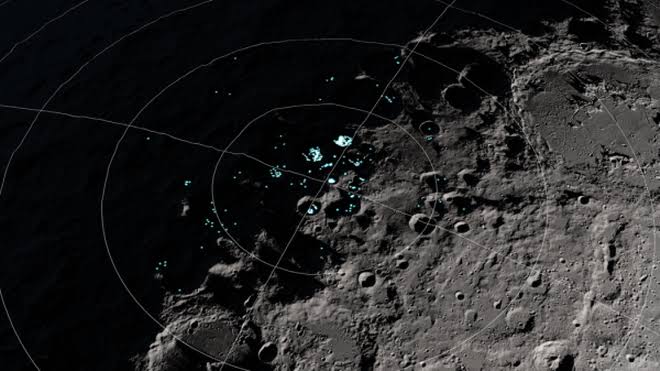NASA orbiter captures images of Chandrayaan 2 Lander Vikram’s attempted landing site

As the deadline to re-establish communication with Chandrayaan 2’s Vikram lander nears, NASA’s moon orbiter has captured images of the lunar region where the Indian mission made an unsuccessful attempt to soft-land, a senior official with the U.S. space agency confirmed on September 19.
NASA’s Lunar Reconnaissance Orbiter (LRO) spacecraft has snapped a series of images during its flyby on September 17 of Vikram’s attempted landing site near the moon’s uncharted south pole.
“The LRO images are still being processed,” Grey Hautaluoma, Senior Communications Team Lead at NASA, told PTI in an email.
The probability of establishing contact with the lander has a deadline of September 21 because after that the moon region will enter into a lunar night.
LRO deputy project scientist John Keller shared a statement confirming that the LRO camera captured the images, according to a report in cnet.com. “The LROC team will analyse these new images and compare them to previous images to see if the lander is visible (it may be in shadow or outside the imaged area),” Mr. Keller was quoted as saying in the statement.
NASA is validating, analysing and reviewing the images. It was near lunar dusk when the orbiter passed over, meaning large parts of the area were in shadow, the report said.
According to the Indian Space Research Organisation (ISRO), the lander Vikram and rover Pragyan were supposed to be functional only for 14 days from the day of their touchdown.
At the start of the mission, ISRO said the mission life of the lander and the rover will be one lunar day which is equal to 14 Earth days, whereas that of the orbiter will be one Earth year.
The nights on the moon can be very cold, especially in the south polar region where Vikram is lying. Temperatures could drop to as low as minus 200°C during the lunar night. The instruments aboard the lander are not designed to withstand that kind of temperature. The electronics would not work and would get permanently damaged.
Therefore, if no connection is established in the next two days, ISRO may have to give up the hope to establish connection with the lander.
In the early hours of September 7, ISRO’s plan to soft-land Chandrayaan 2’s Vikram module on the lunar surface did not go as per script. The lander lost communication with ground stations during its final descent. ISRO officials said that the orbiter of Chandrayaan 2 remained healthy and safe.
A NASA spokesperson had earlier said that the space agency will share any before and after flyover imagery of the area around the targeted Chandrayaan 2 landing site to support analysis by ISRO.




